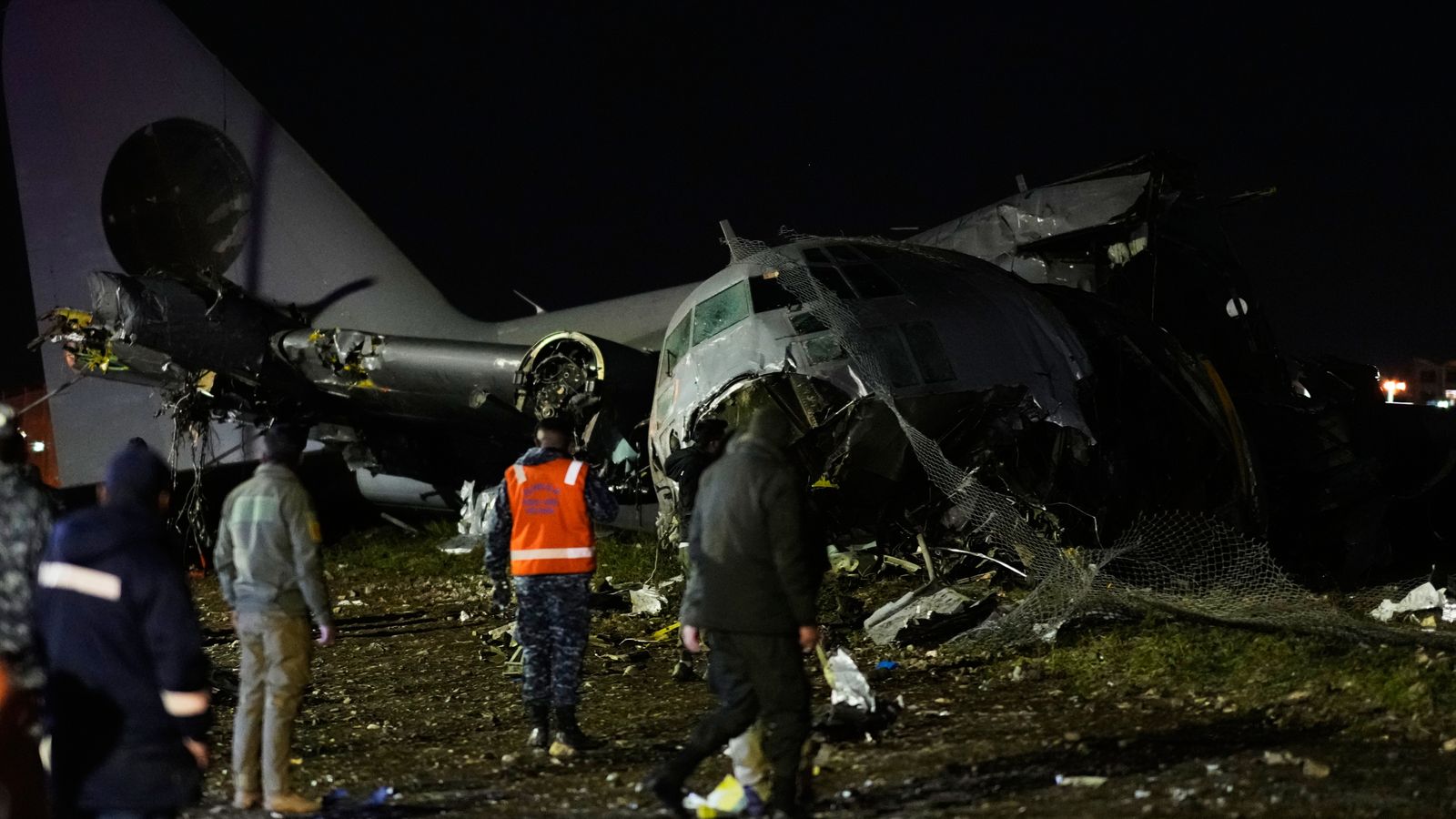Waymo, the driverless car company run by Google parent company Alphabet, already operates autonomous vehicles in Los Angeles, San Francisco, and Phoenix, and will soon be available in Atlanta and Austin.
The Georgia and Texas Waymo experiences, set to launch early next year, will be a bit different than what California and Arizona riders encounter. Thanks to a partnership between former enemies Waymo and Uber, riders in Atlanta and Austin will be required to use the Uber app to hail a robo-car (rides in Phoenix can use the Uber or Waymo One app, while service in L.A. and San Francisco has no Uber component). Even though they may request a Waymo via the Uber app, Austin and Atlanta users will not be guaranteed one, Forbes reports. Riders can decline a Waymo in those cities or update their settings so they never receive a self-driving vehicle.
Watch passengers react to a truly driverless Waymo ride
Uber will “manage and dispatch a fleet of Waymo’s fully autonomous, all-electric Jaguar I-PACE vehicles that will grow to hundreds over time,” according to a statement from Waymo. “Riders who request an UberX, Uber Green, Uber Comfort, or Uber Comfort Electric may be matched with a Waymo for qualifying trips.”
Mashable Light Speed
Uber will be responsible for the Waymo depots in Atlanta and Austin, as well as cleaning and vehicle repair. Waymo will remain in charge of the car’s testing and operation, including roadside assistance and rider support functions, which includes a “Support” button available on a passenger screen.

Waymo isn’t the only autonomous car company linking up with Uber, as General Motors’ Cruise vehicles will soon be deployed via the Uber app. The Waymo partnerships could have something to do with the company being a loss leader for Alphabet, likely costing the parent company billions in losses, according to the Associated Press.
While a Cruise vehicle seriously injured a San Francisco pedestrian last year, Waymo’s cars have a better, but not perfect, safety record and are performing about 100,000 rides per week in L.A., San Francisco, and Phoenix, the AP reports.
















